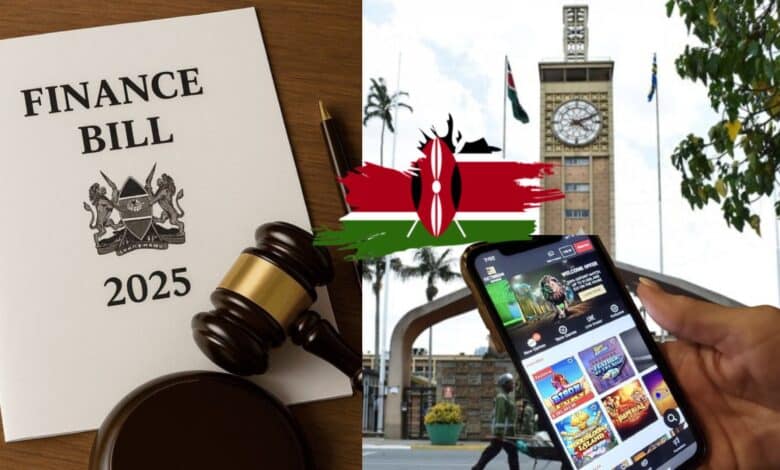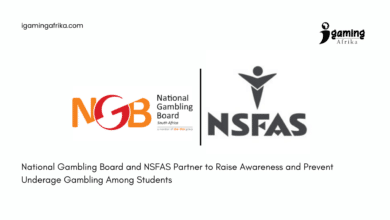Parliament Approves Reduced Excise Duty on Betting, Introduces New Tax Measures

Nairobi, 19/06/2025 — Members of Parliament have approved significant changes to the taxation framework for the betting industry in Kenya, including a reduction in excise duty from 15 percent to five percent.
The move offers a reprieve for millions of punters who have been subject to a Sh15 tax for every Sh100 wagered. These amendments to the Finance Bill 2025 sailed through the National Assembly and were adopted on Thursday afternoon. The bill now awaits presidential assent.
The reduction of the excise tax, which also applies to prize competitions and lotteries, is expected to boost the potential winnings for punters by encouraging increased wagering.
In addition, MPs approved an amendment that will change the point at which excise duty is collected, now requiring it to be paid when punters transfer funds from their mobile money wallets to their betting accounts. Mr. Kimani explained, “When you are placing a bet, the current taxation regime is that when you have money in your mobile money account and then you transfer that money to the wallet of a betting company, the time of charging excise duty is when you place a bet.
We are changing to make it for excise duty to be payable when you transfer money from your mobile wallet to the betting company wallet. There are so many entities operating virtually, some outside the country from which we are not able to get this excise duty from them. This now means that every time a Kenyan transfers money from their mobile wallet to the wallet of the betting company, then that’s the time the excise duty is paid.”
Read Also: Upcoming Webinar: Unlocking the Future of Cryptocurrency in African Gaming
This change is expected to generate additional revenue for the Kenya Revenue Authority (KRA), despite an initial revenue impact. KRA is anticipated to benefit from incorporating offshore betting platforms into its tax base. Between July 2024 and March 2025, excise duty collected rose by 24 percent to Sh9.97 billion from Sh8 billion, partly driven by increased punter wagers. Conversely, withholding tax on winnings decreased by 15 percent during the same period, falling from Sh5.65 billion to Sh4.81 billion, indicating lower winnings and possibly tighter odds amid higher taxes.
Industry data shows that the total amount staked in the betting and gambling sector increased by 17.04 percent to Sh75.18 billion during the review period, up from Sh64.23 billion the previous year. KRA has integrated its systems with 36 betting companies to enable real-time monitoring of the industry and prevent revenue leakages.
The excise duty on betting has evolved over recent years, initially set at 7.5 percent in July 2021, then increased to 12.5 percent in July 2023, and further raised to 15 percent in December 2024.
Despite regulatory efforts, concerns remain about the social impact of gambling. BCLB Board Chair Jane Mwikali warned that some betting firms have portrayed gambling as a legitimate investment opportunity and a shortcut to wealth, leading to adverse socioeconomic consequences. “The erroneous depiction occasions adverse socioeconomic consequences, with devastating effects on individuals, families, and the broader community. Of particular concern is the rampant airing of gambling advertisements during the watershed period (5am to 10pm),” she said.
The number of licensed betting firms in Kenya has more than doubled in the past three years, from 118 in 2021 to 200 in June 2024, reflecting the industry’s rapid growth despite ongoing challenges.



















